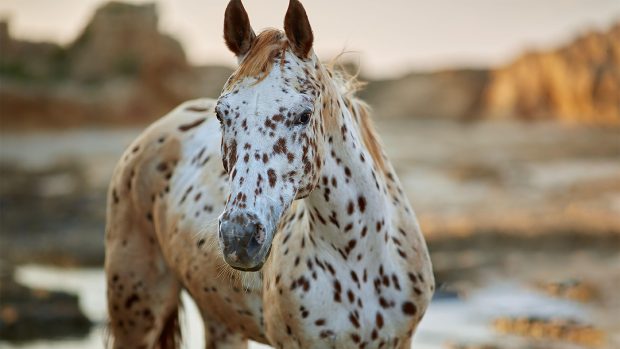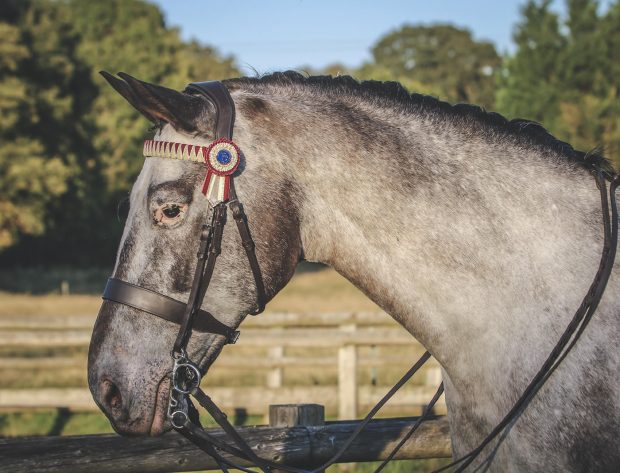A new test for a debilitating genetic muscular condition is now available in the UK and owners of horses predisposed to the condition are being urged to have them tested.
Polysaccharide storage myopathy (PSSM) is most prevalent in American draught breeds, paints, quarter horses and Appaloosas. Horses affected by the condition show signs of tying-up — muscle stiffness, sweating and a reluctance to move. PSSM is thought to be caused by an abnormally rapid uptake of glucose from the bloodstream.
Dr Stephanie Valberg of Minnesota University has carried out research into the condition. She told H&H: “I believe horses used for breeding or being considered for purchase, who show signs of muscle disease, should be tested for PSSM.”
Until 2008, the only method of testing was via a muscle biopsy, but Minnesota University has developed a simple DNA test.
The research has also revealed that PSSM is passed on genetically via a dominant gene.
British Appaloosa Society chairman Brian Entwhistle said that PSSM is not yet an issue in the UK. He has been breeding Appaloosas for 40 years and has never had a horse with the condition. But he advocated testing for any genetic disease if a test is available.
“We don’t want any disease being propagated within our gene pool,” he said. “If there is any problem, I would expect all breeders to test their animals. I hope people will be open if there are diseases we should test.”
Appaloosa breeder Alex McEachern said she has not experienced PSSM in 20 years of business, but wouldn’t object to a buyer testing her horses.
But she added: “If it is a problem in America, might it not be a good idea to test breeding stallions before they can be licensed to breed in this country?”
To test for the disease send hair samples to the University of Minnesota Diagnostic Laboratory. Forms and contact information are available at http://www.vdl.umn.edu/vdl/ourservices/neuromuscular.html, or ask your vet to send a sample to the Royal Veterinary College in North Mymms, Herts. Testing of hair and root samples costs approximately £100 and a hair-only test is £43.
This article was first published in Horse & Hound (25 December, ’08)




